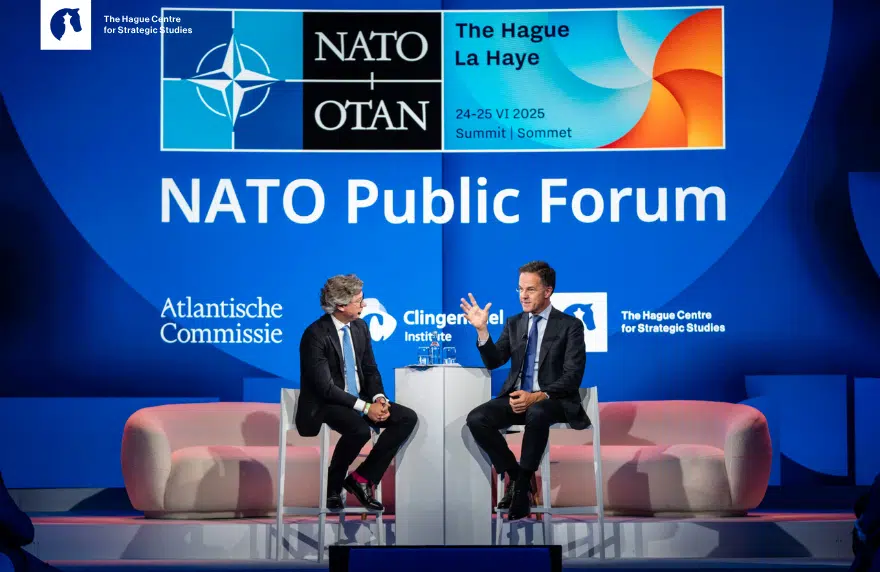More than ten years ago I concluded that research on international and national security should be more than just qualitative research. As the head of the defense concepts department at the Ministry of Defense in The Hague, I concluded already in the 1990s that the traditional approach needed improvement. Traditional think-tanks did a great job, but their reports often did not meet the requirements of defense planners. Due to my membership of the TNO’s Council for Defense Research, I concluded that its impact could greatly benefit from a new combination of qualitative and quantitative research. TNO was great on modeling, system dynamics and other qualitative methods. Why not combine the two approaches? Why should a government agency ask for a report on the future of European security and than ask another institute to do the all the modeling and calculations required for the restructuring of the armed forces? In practice the outcome of both exercises did not match. There was a wide gap between the two and often both studies were left unused. In other words, some new thinking was urgently required.
There was however one shining example: The Rand Corporation. I worked with them occasionally and was impressed by their working method. In my view, TNO was the perfect partner to create a European equivalent of the American Rand Corporation. After consultations with the board of TNO it was decided to create a new institute named The Hague Centre for Strategic Studies. As we knew that the municipality of The Hague was keen to add security to its peace and justice focus, we decided to mention The Hague in our name and rented office space in the city center.
Years later, HCSS worked closely with the municipality to establish The Hague Security Delta (HSD). HSD became a great success. I am still proud that our collaborative effort resulted in the biggest open innovation hub for security in Europe.
Unfortunately, due to frequent changes in the governing board of TNO, the creation of a European equivalent of the Rand corporation never did materialize. I still consider this a missed chance for the Netherlands and I still think that we should give it a try.
The rest is history. HCSS is now a well-respected think-tank with deep knowledge of quantitative methods for evidence-based research on international and national security topics. We broadened the scope of our research by including other security related topics such as geo-economics, energy and raw materials.
As HCSS has entered the rankings of the world’s most influential think-tanks, I am proud of the fact that our research is internationally recognized as well.
But the best has yet to come. Moving to a new building is both sad and joyful. Sad, because Lange Voorhout 16 is such a beautiful building full of memories. No one has ever entered it without noting its beauty and style. Joyful, because Lange Voorhout 1 is more practical and better suited for our present needs. It provides us with the opportunity to develop new activities and grow.
A bright future requires a great staff and reliable strategic partnerships with government organizations, companies, sister institutes and universities, and open innovation hubs. Fortunately, HCSS is blessed with a great staff and dedicated partners.
A few years ago, I gave up my position as executive director and became a kind of honorary director with limited influence. I still do not regret this decision. The team can do without me. And I can better focus on my research, my international network and the economic development of the region.
I consider it my biggest achievement that HCSS has set the standard for a new approach to security research. This cannot be taken away. At the same time I am confident that HCSS will explore new and exciting ways forward.
Rob de Wijk
Founder
This post is part of a series on the HCSS 10 year anniversary. Throughout the year analysts, experts and former colleagues will publish a post reflecting on the past 10 years.
Read the post by Paul Sinning, Executive Director
Read the post by Sijbren de Jong, Strategic Analyst
Read the post by Stephan de Spiegelerei, Principal Scientist
Read the post by Karlijn Jans, Strategic Analyst
Read the post by Michel Rademaker, Deputy Director Market and Operations
Read the post by Willem Oosterveld, Strategic Analyst







